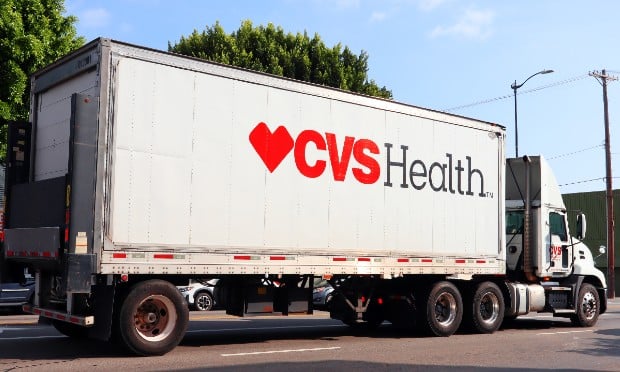With all the focus on the tax reform bill and the repeal of theindividual health insurance mandate, theHealth Insurance Tax has slipped under theradar.
HIT, as it’s known, was passed in the original Affordable CareAct and took effect in 2014 to help fund the ACA. The tax wasapplied to health insurance plans purchased by small businessowners, but Congress passed a one-year moratorium on it. The thingis, it affects everyone, according to a KTVN report, and it’s goingto cost them—and some of them a lot—when it returns in 2018.
The report quotes Reno health insurance consultant Gene Furr,who represents the nonpartisan Northern Nevada Association ofHealth Underwriters, saying about the return of HIT, “Anyone whopurchases an individual policy, anyone who purchases a group healthplan through their employer is going to be impacted. Even seniorsare impacted.”
Continue Reading for Free
Register and gain access to:
- Breaking benefits news and analysis, on-site and via our newsletters and custom alerts
- Educational webcasts, white papers, and ebooks from industry thought leaders
- Critical converage of the property casualty insurance and financial advisory markets on our other ALM sites, PropertyCasualty360 and ThinkAdvisor
Already have an account? Sign In Now
© 2024 ALM Global, LLC, All Rights Reserved. Request academic re-use from www.copyright.com. All other uses, submit a request to [email protected]. For more information visit Asset & Logo Licensing.








